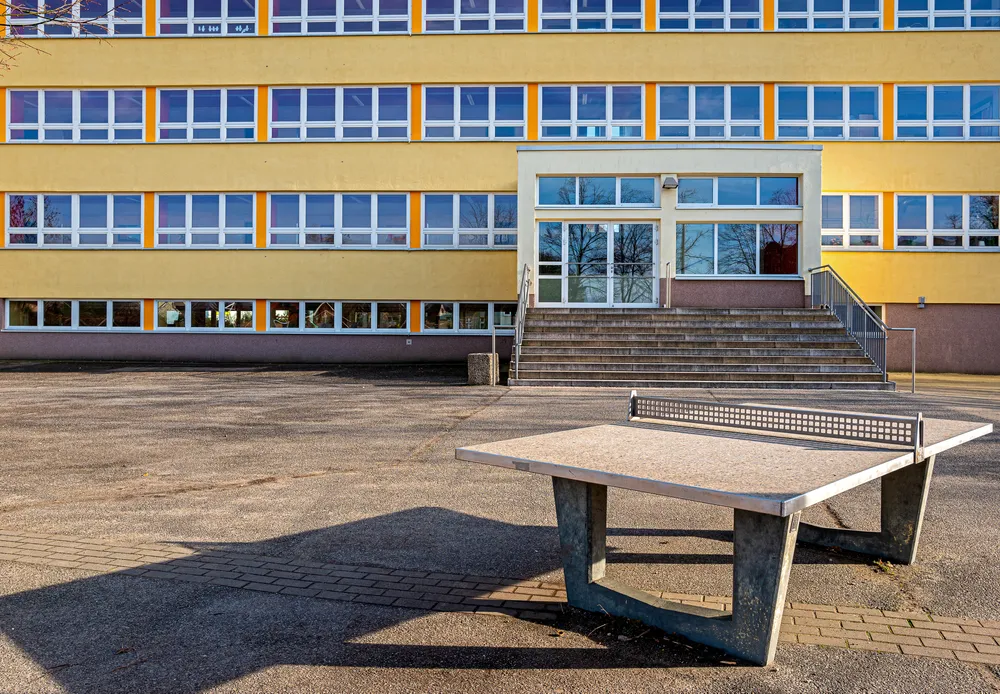Berlin's public education system is reeling from a sudden budget freeze that has halted spending on vital school activities, including trips and essential services. This drastic measure comes in the wake of the House of Representatives' decision to allocate an additional €1.3 billion for accommodating migrants, raising significant concerns about the city's budget priorities. Education officials are now scrambling to navigate new restrictions that limit financial commitments, leaving schools uncertain about their operational capacities for the upcoming year.
Berlin’s public schools are facing a budget freeze that has halted spending on key activities, including school trips, as the city contends with major financial challenges.
The freeze follows the Berlin House of Representatives’ decision to allocate an additional €1.3 billion for the accommodation of migrants, raising concerns about the city’s spending priorities.
In a letter issued on Wednesday, Education State Secretary Christina Henke (CDU) informed school administrators that they are no longer allowed to enter into “financially effective” contracts that extend into the next financial year. According to Tagesspiegel, this restriction includes school trips, where teachers’ travel expenses — typically reimbursed by the state — will no longer be covered.
Sven Zimmerschied, head of Friedensburg High School in Charlottenburg and board member of the Berlin Secondary School Heads’ Association, expressed his concerns over the sudden halt. “On Monday I signed the leasing contract for a new copier,” he said, ahead of the ban.
The budget freeze, he explained, will disrupt many routine activities, though he noted that exceptions could be made in cases of “indispensability and urgency.”
The move comes as the city struggles to balance its budget following the House of Representatives’ decision in June to spend an additional €1.3 billion on the accommodation of asylum seekers. This includes expanding tent cities at former airports in Tegel and Tempelhof, renting more hotel space, and setting up 16 new locations for container housing.
During the summer, Mayor Kai Wegner (CDU) warned that Berlin’s capacity to accommodate more refugees was nearing its limit. “The pressure is increasing. We already have no places,” Wegner said. The billions set aside have funded new emergency housing but at the cost of cuts to other areas, including education.
The budget freeze has drawn criticism, with many wondering why funds are available for migrant accommodation but not for school activities.
For now, schools must seek special approval for any expense through a written request to education authorities. Essential programs like school trips remain uncertain.
As of late October 2023, the financial strain on Berlin's educational and social services continues to escalate, with recently proposed solutions including community fundraising efforts and private sponsorships for school activities. Meanwhile, advocacy groups are vocalizing their concerns regarding the long-term impact on students' educational experiences, emphasizing that budget cuts to education could hinder future opportunities. The city is also facing increasing pressure from citizens and educators to reassess its financial allocations, leading to discussions about a more balanced approach to funding both education and social support services in the context of ongoing migration challenges.
